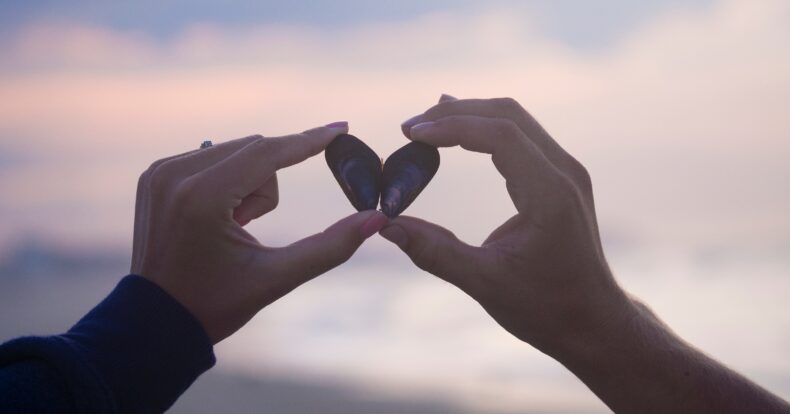Playitas Beach and conservatism in Costa Rica

Playitas Beach is located in Quepos, Puntarenas and is part of the group of beaches in Manuel Antonio. It is known for its port activity but its main peculiarity is that it’s possible to practice nudism. This is due to its location, which is somewhat secluded. We can ask ourselves the question, why do nudist beaches exist and what is the context in Costa Rica for them to exist?
According to Juan Carlos Monterrubio, PhD in tourism, tourist environments offer a different scenario to the everyday, people have the opportunity to adopt an anonymous identity, different and even transgressors behaviors to sociocultural norms.
The concept of gay beach is constructed through the interactions of visitors and the uses they attribute to this place, that is to say, it’s a space socially and culturally constructed by individual and collective values. In addition, the natural landscape of the beach lends itself to bathing, relaxation, spirituality and enables transgressive behaviors such as nudism among other practices still considered taboo.
The gay tourist in turn arises from the fact that some homosexual people need to visit places to be themselves, thus, they experience a spatial, mental and behavioral transition. This transfer of place -from the daily life at home to the beach- modifies the traveler’s psychological state, behavior and experimentation of the environment and his sexuality. The beach is the space to let free the true self, repressed by the everyday environment.
All this leads us to think about the situation of the LGBTIQ+ community in Costa Rica and the conservative-religious sector of the country. Why does this community need closed spaces to coexist healthily? Is Costa Rica really a country that respects the human rights of its entire population?
Actually, after the civil war of 1948, the country managed to acquire several benefits for the inhabitants in matters such as health and education. However, only part of the population had access to these benefits, accentuating the inequalities between communities. At the present time, there are still populations that suffer from marginalization, exclusion and discrimination, such as indigenous communities, Afro-Costa Ricans, poor single mothers and the queer community.
In recent decades, several conflicts have been witnessed that expose the situation of inequality in living conditions, especially of the LGBTIQ+ community. Indeed, during the 2018 elections, the issue of equal marriage exploded and was a decisive argument, either to vote in favor or against. However, this issue had been dragging the issue of human rights in Costa Rica for years.
Figures such as Fabricio Alvarado, Justo Orozco, Rony Chaves, Antonio Álvarez Desanti, Catalina Crespo were emerging and at the same time strengthened the religious-conservative sector throughout Costa Rica with their expressly religious and sensitive speeches to the population. These figures and their parties offer voters a political alternative based on their religious beliefs, legitimizing religious authority within the public life of Costa Rican society.
As a conclusion, it can be considered that the Costa Rican LGBTIQ+ community needs spaces such as Playitas beach since political and social entities do not support them and sustain hate speeches against them. Costa Rica, being a country that takes its pacific role very seriously, has a long way to go to accept all communities in its territory.
Author: Monica Gallardo for Sensorial Sunsets
Navigate articles





